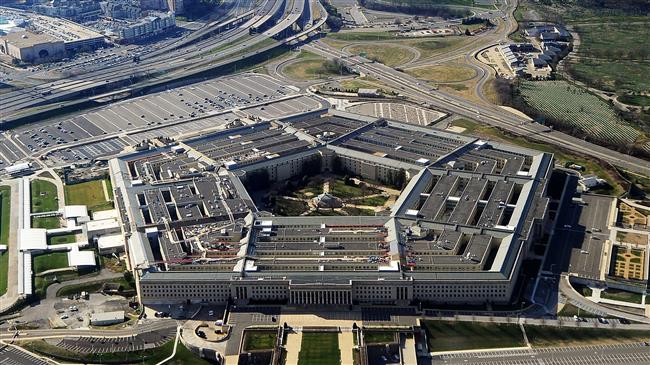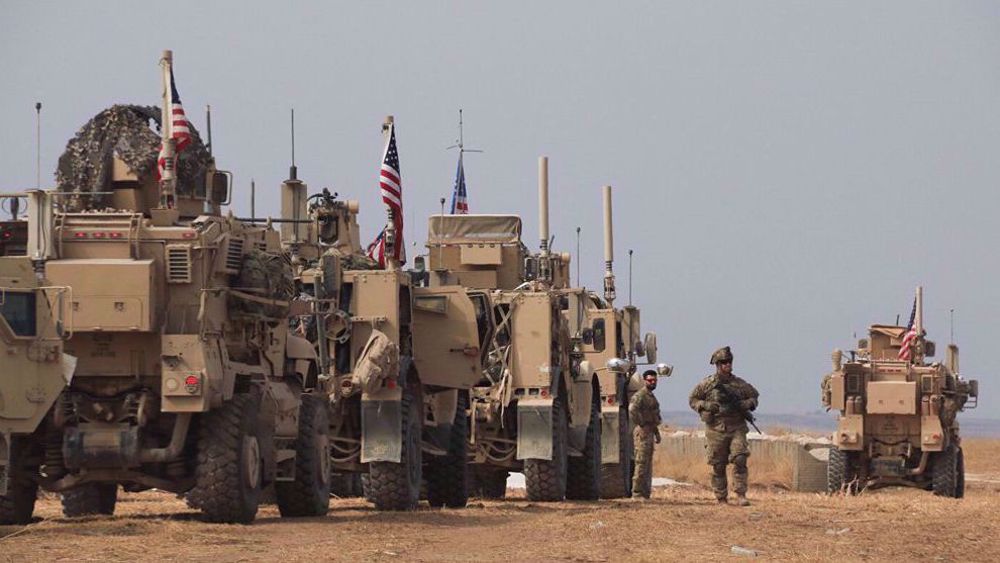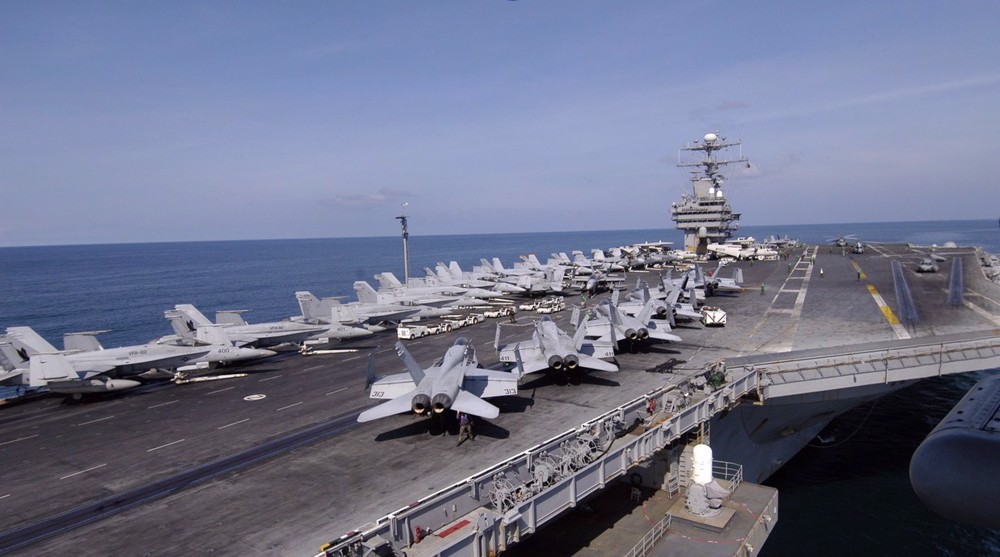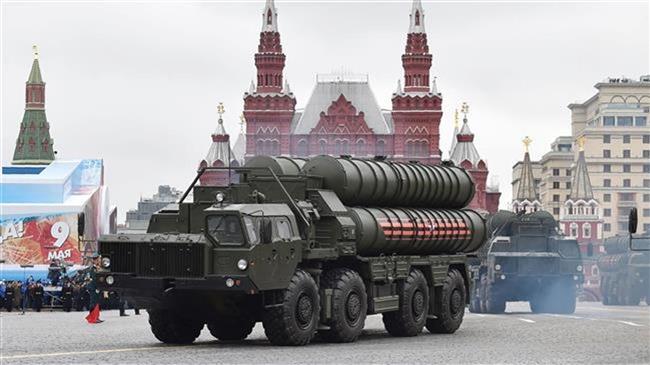US defense bill mainly targets Russia, China and Turkey
A US defense policy bill for fiscal year 2019 puts emphasis on two Washington’s "potential adversaries," namely Russia and China, and punishes Turkey for planning to buy a Russian missile defense system.
The $716-billion bill known as the John S. McCain National Defense Authorization Act was passed by the US Senate on Wednesday and now goes to President Donald Trump, who is expected to sign it into law.
The legislation necessitates "a continuous and enduring presence" of the US contingent, special operations forces and military equipment in Estonia, Latvia, and Lithuania, the three Baltic states located on Russia's western border.
It also prioritizes "the need for additional United States Army forward presence in Europe" and "increased forward-stationed combat enablers to enhance United States Army capability and capacity" in order to "deter Russian aggression."
The bill forbids the US from officially recognizing Crimea's reunification with Russia and allots $250 million for lethal defensive arms for Ukraine.
On China, the bill prohibits the Pentagon from using China's communications services, systems and equipment, specifically ZTE and Huawei technologies, due to security concerns.
In addition, the bill stipulates that the Chinese People's Liberation Army Navy, which was disinvited from taking part in the US-held multinational Rim of the Pacific (RIMPAC) Exercise, cannot participate in the drills until China "ceased all land reclamation activities in the South China Sea" and demilitarizes the area.
Furthermore, the legislation envisages strengthening defense ties with Taiwan, regarded by Beijing as China's "breakaway province."
"The United States should strengthen defense and security cooperation with Taiwan to support the development of capable, ready, and modern defense forces necessary for Taiwan to maintain a sufficient self-defense capability," the legislation says.
Regarding Turkey, which US lawmakers want to be punished for the upcoming acquisition of Russian-made S-400 missile defense systems, the legislation envisions the potential expulsion of Ankara from the F-35 program.
The measure demands that “the transfer of any F-35 aircraft currently owned and operated, by the Government of the Republic of Turkey, from the territory of the United States" be prohibited until a report is issued on Turkey's behavior.
The bill's authors argue that any effort by Ankara "to further enhance their relationship with Russia will degrade the general security of the NATO alliance, and NATO member countries, and degrade the interoperability of the alliance."
VIDEO | 85% of Yemeni displaced people face daily hunger crisis
US House passes bill targeting charities and pro-Palestine groups
VIDEO | Supporting Gaza genocide
Hezbollah attacks Israeli forces after Lebanese homes blown up
World leaders, states hail ICC arrest warrants for Netanyahu, Gallant
MP: US accountable for possible Israeli 'foolishness' to attack Iraq
VIDEO | Israeli policies strangle Palestinian agriculture, economy
Iran's president offers condolences to Pakistan over terrorist attack

















 This makes it easy to access the Press TV website
This makes it easy to access the Press TV website